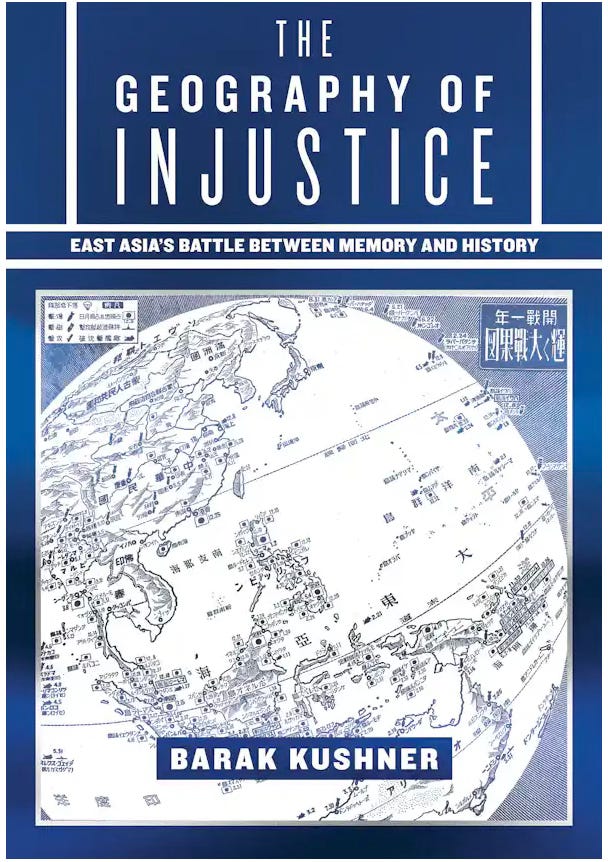The Geography of Injustice
East Asia's Battle between Memory and History
BY BARAK KUSHNER
Cornell University Press
SBN13: 9781501774010
ISBN10: 1501774018
Publication date: 03/15/2024
introduction
in The Geography of Injustice, Barak Kushner argues that the war crimes tribunals in East Asia formed and cemented national divides that persist into the present day. In 1946 the Allies convened the Tokyo Trial to prosecute Japanese wartime atrocities and Japan's empire. At its conclusion one of the judges voiced dissent, claiming that the justice found at Tokyo was only "the sham employment of a legal process for the satisfaction of a thirst for revenge."
War crimes tribunals, Kushner shows, allow for the history of the defeated to be heard. In contemporary East Asia a fierce battle between memory and history has consolidated political camps across this debate. The Tokyo Trial courtroom, as well as the thousands of other war crimes tribunals opened in about fifty venues across Asia, were legal stages where prosecution and defense curated facts and evidence to craft their story about World War Two. These narratives and counter narratives form the basis of postwar memory concerning Japan's imperial aims across the region. The archival record and the interpretation of court testimony together shape a competing set of histories for public consumption. The Geography of Injustice offers compelling evidence that despite the passage of seven decades since the end of the war, East Asia is more divided than united by history.
about Author
Barak Kushner is Professor of East Asian History in the Faculty of Asian and Middle Eastern Studies, Cambridge University. He is the author of several edited volumes and monographs, including Men to Devils, Devils to Men, The Thought War, and Slurp!
praise
With granularity, empathy, and startling acuity, Kushner walks us through the legal and extralegal attempts at cauterizing World War Two's rawest wounds in East Asia. We come to discern the many shades of international justice, some of which are so much grayer (and morally compromised) than others.
Haiyan Lee, Stanford University
This fresh and incisive exploration of war tribunals in the aftermath of the Japanese empire's demise is essential reading for understanding relations between former empires and their ex-colonies in the face of renewed calls for reckoning with imperial violence today.
Yukiko Koga, Yale University
Barak Kushner has a remarkable knowledge of Japan, China, and war crimes trials in East Asia after World War II. His rich, provocative book stands out for nuanced analysis, a balanced skepticism about how much these trials can really achieve, and a deep immersion in Japanese and Chinese sources. Kushner sheds new light on why Japan and China still remain so thoroughly mired in disputes about the legacy of World War II.
Gary Bass, author of Judgment at Tokyo




